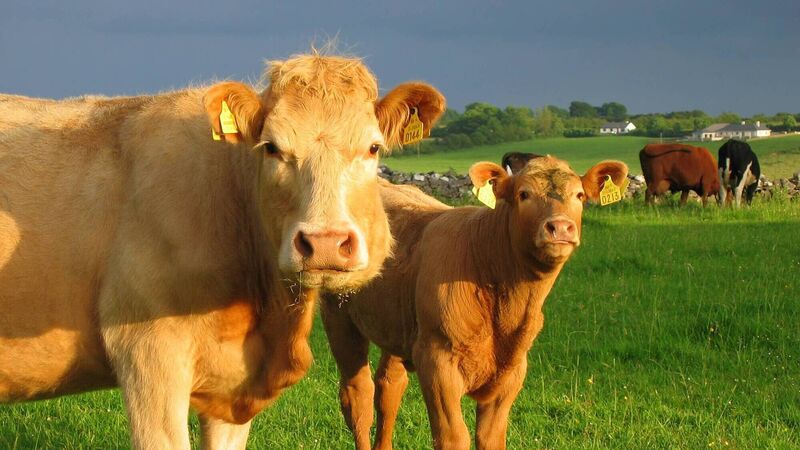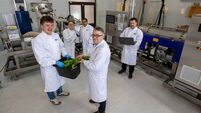Farmers 'willing to do fair share' for environment - but won't 'take extreme proposals'

A significant portion of land mass changing use would be "extremely problematic not just for farmers but the wider rural economy".
Farmers are "willing to do their fair share" for the environment - but they are "not going to lie down and take extreme proposals that would destroy their livelihoods", a farm organisation has said.
Irish Cattle and Sheep Farmers Association president Dermot Kelleher said there is a "lot of goodwill" among farmers to develop their farming systems to be more sustainable, and many farmers are "actively working" to improve biodiversity.













